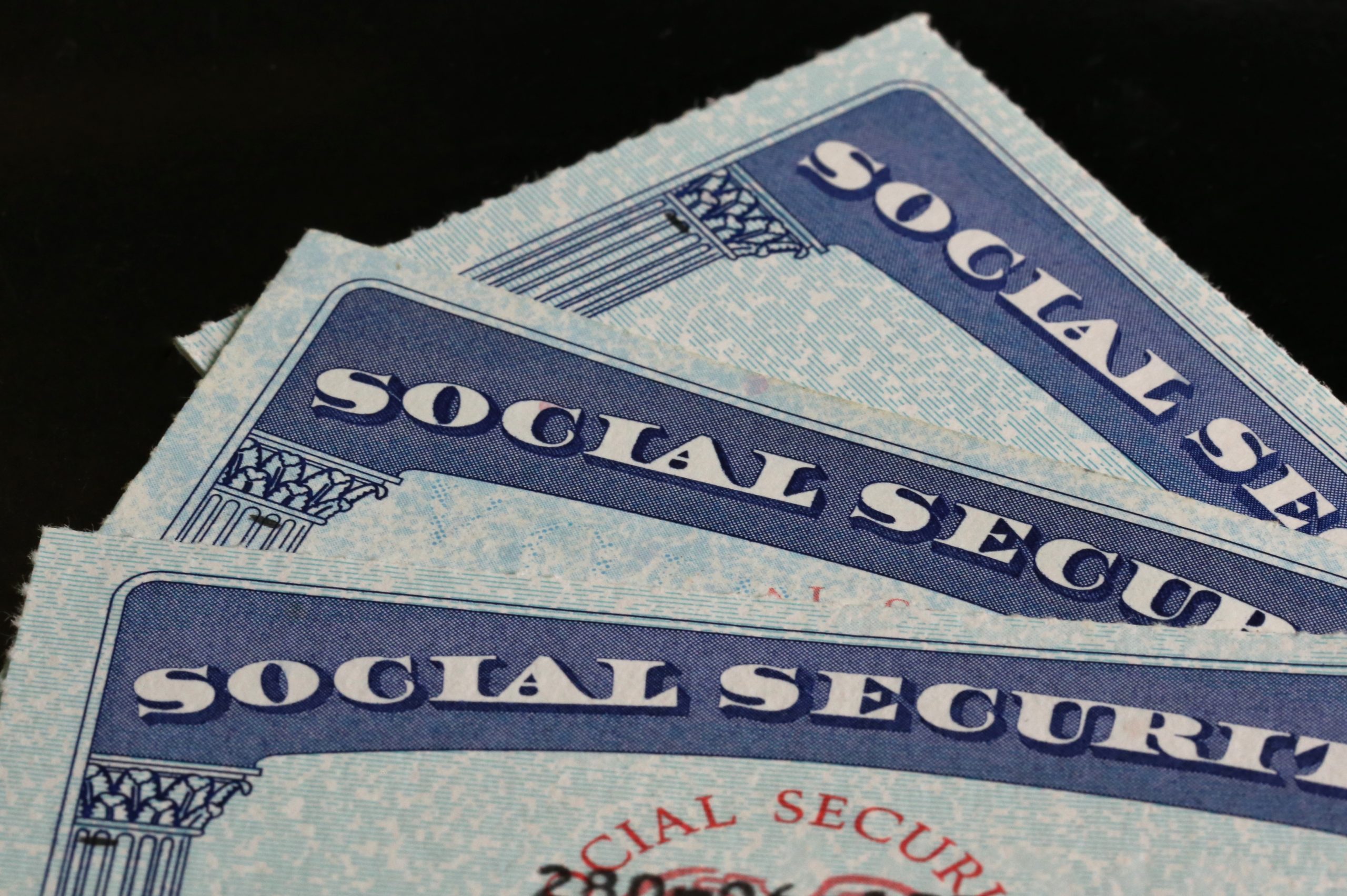Phishing scams have been on the rise for quite some time and now there is a new target: retirees. A Social Security Administration phishing scam has been going around, and it can easily fool you if you’re not paying close attention.
The most recent scam that is going around relates to a phishing email being sent explaining that your Social Security number is under investigation for being linked to serious crimes. The email uses a sense of urgency to scare the recipients into clicking on a suspicious link or downloading a document, which can ultimately download malware onto your computer or steal your information. See the email some folks have been receiving below.
“We are conducting an ongoing inquiry into your Social Security Number and identity due to suspected links to drug trafficking. A series of international wire transfers to accounts on the Federal Trade Commission’s restricted list has been flagged. There have been reports of suspicious activities associated with your Social Security Number in Texas and New Mexico. We would like to inform you that this document contains sensitive information and should be managed carefully. The document presented here is an official communication from the Social Security Administration, authorized by the Texas Attorney General. The Texas Court has directed the suspension of your Social Security Number due to its association with money laundering activities involving your bank accounts.”
Receiving a threatening message like this can cause you to forget how to proceed in situations like this. When a professional-seeming email uses an urgent tone to convince you to click or download, you may just do what it says without actually thinking about it. But don’t forget the steps to stay safe.
How to know if you’ve received a fake email
Of course, it can be hard to tell whether an email is real or fake but there are a few things you can spot to know which you’ve received. One thing to look out for is whether the email addresses you by your name or in more broad terms. If it says, “Dear Recipient,” that can be a sign that the email is not legit.
If you received an email notifying you about something government related, such as a Social Security issue, there’s a high possibility that it isn’t real. These sorts of notifications would never be sent through an unsecured email.
What to do if you receive a scam email?
Always be sure to take extra precaution when receiving emails of this sort. There are a few ways you can protect yourself from phishing emails and being scammed. Things you can do include taking a moment and double checking any emails that seem urgent; use strong antivirus software; make sure to use unique, strong passwords and keep them up to date; keep your software updated; report any potential phishing attempts.
If you do receive an email, you believe is a scam, forward it to the Anti-Phishing Working Group (APWG): reportphishing@apwg.org as well as the Social Security Administration (SSA) Office of the Inspector General: oig.ssa.gov/report. You can also mark the email as spam, which can help warn others who receive similar communications.







